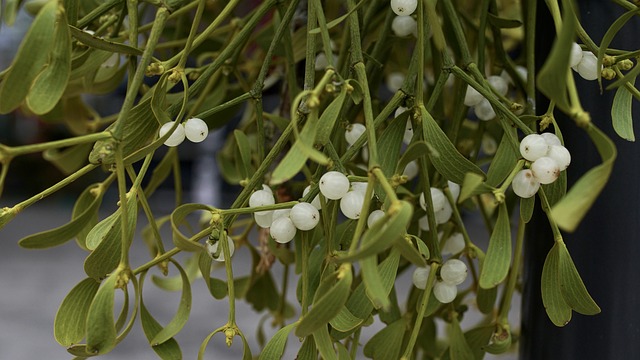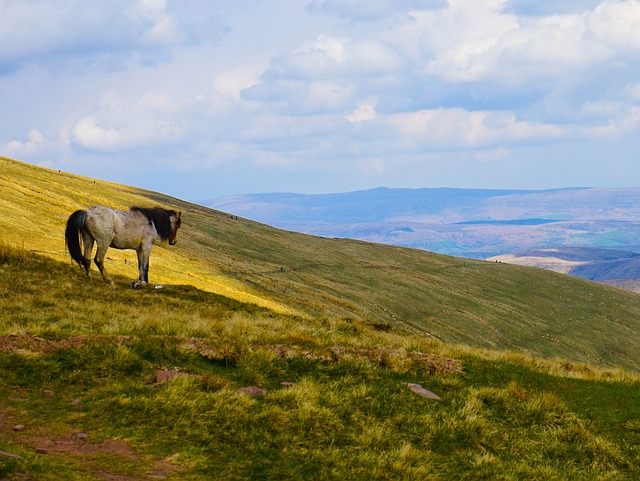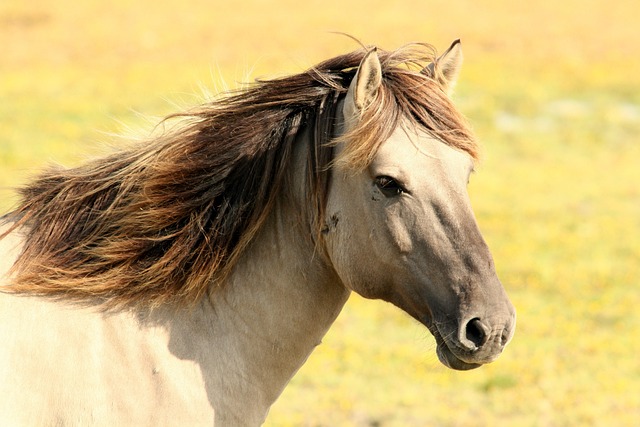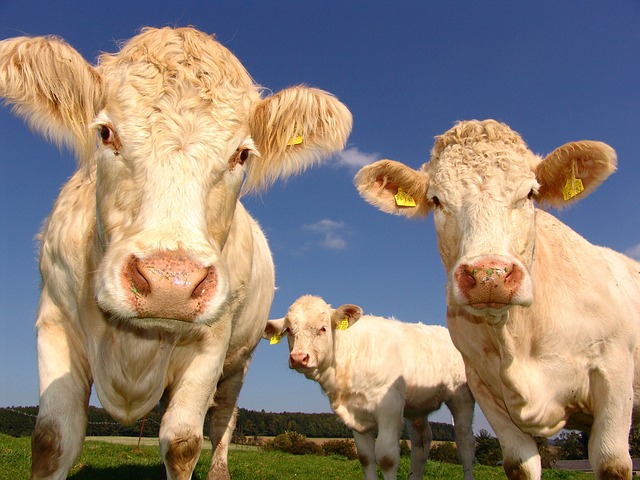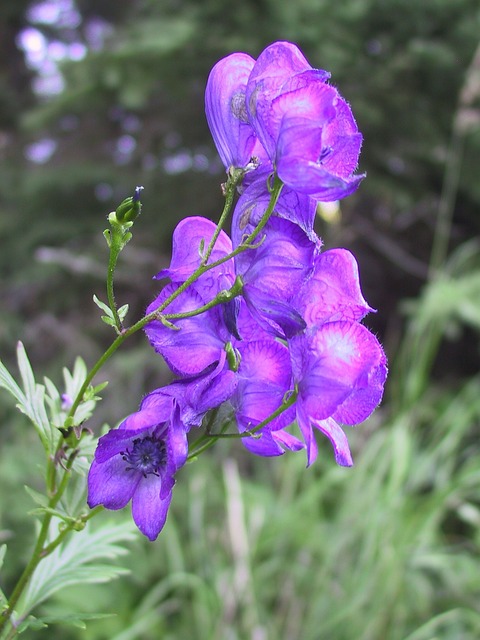
Monkshood
February 2, 2023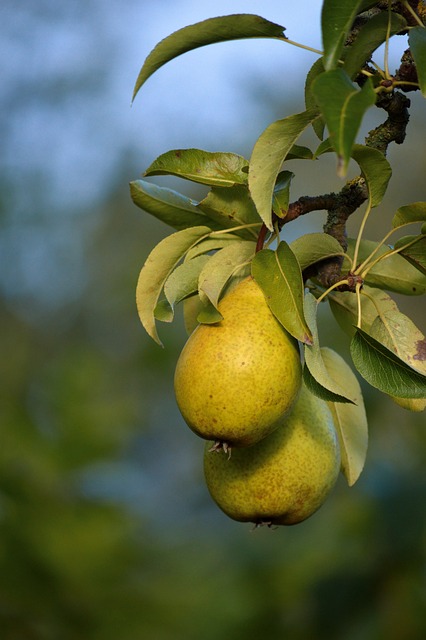
Pear trees
February 2, 2023Mistletoe is a parasitic plant that grows on the branches of trees and is commonly found in the UK. Although it is often associated with the festive season, it is also a highly toxic plant that can have serious consequences for horses if ingested.
Mistletoe contains several toxic compounds, including viscotoxins, which can cause a range of symptoms in horses. Ingestion of Mistletoe can cause digestive upset, including abdominal pain, colic, and diarrhea. It can also lead to more severe symptoms, such as tremors, seizures, and a slowing of the heart rate. In severe cases, Mistletoe toxicity can be fatal for horses.
It is important to note that all parts of the Mistletoe plant are toxic, including the leaves, stems, and berries. Ingestion of even small amounts of the plant can cause serious toxicity, so it is essential to be cautious when allowing horses to graze in areas where Mistletoe may be growing. If you suspect that your horse has ingested Mistletoe, it is crucial to seek veterinary attention immediately, as treatment is most effective if given quickly after ingestion.
To protect horses from the toxic effects of Mistletoe, it is important to be aware of its presence in pastures and to remove any plants before they can be ingested by horses. If you are planting Mistletoe in your garden, it is important to place it in an area where it will not pose a risk to horses, such as in a raised bed or in a location that is not accessible to horses.
In conclusion, Mistletoe is a highly toxic plant that can have serious consequences for horses if ingested. It is important to be aware of its presence in pastures and to take steps to protect horses from exposure to the plant. If you suspect that your horse has ingested Mistletoe, seek veterinary attention immediately, as prompt treatment is crucial for the best outcome.

